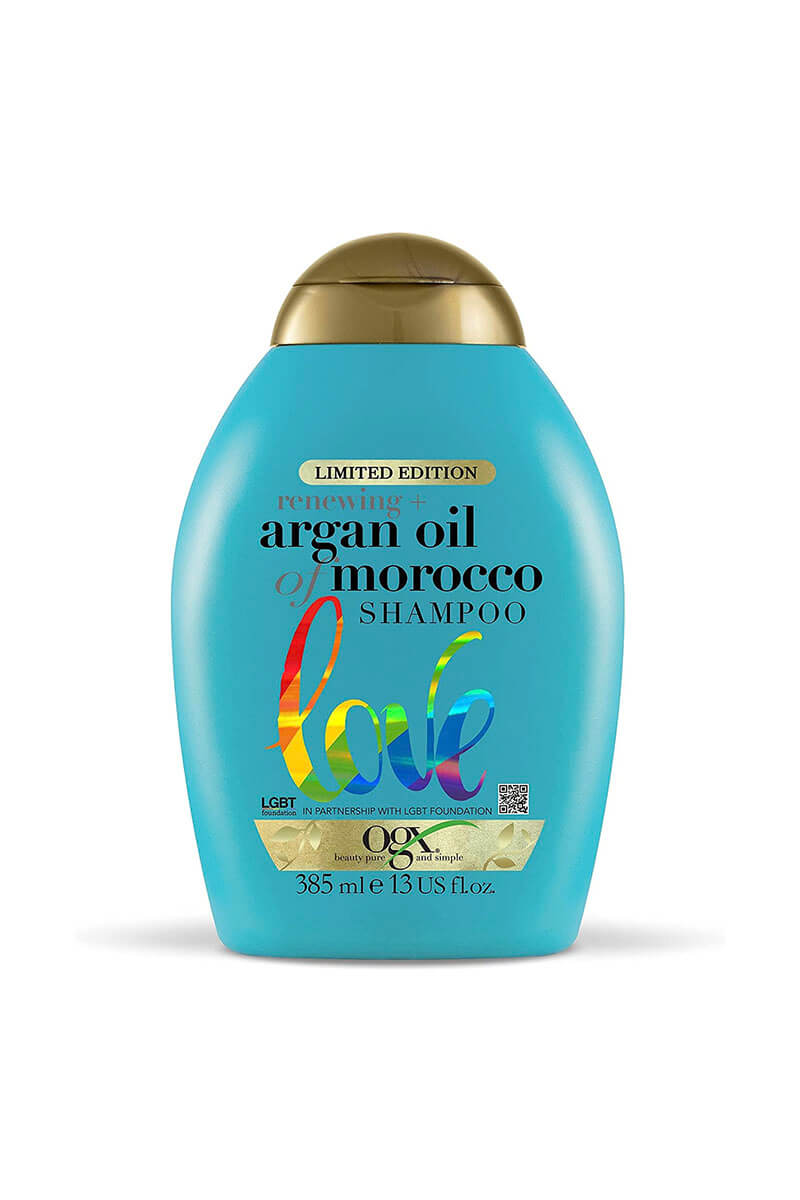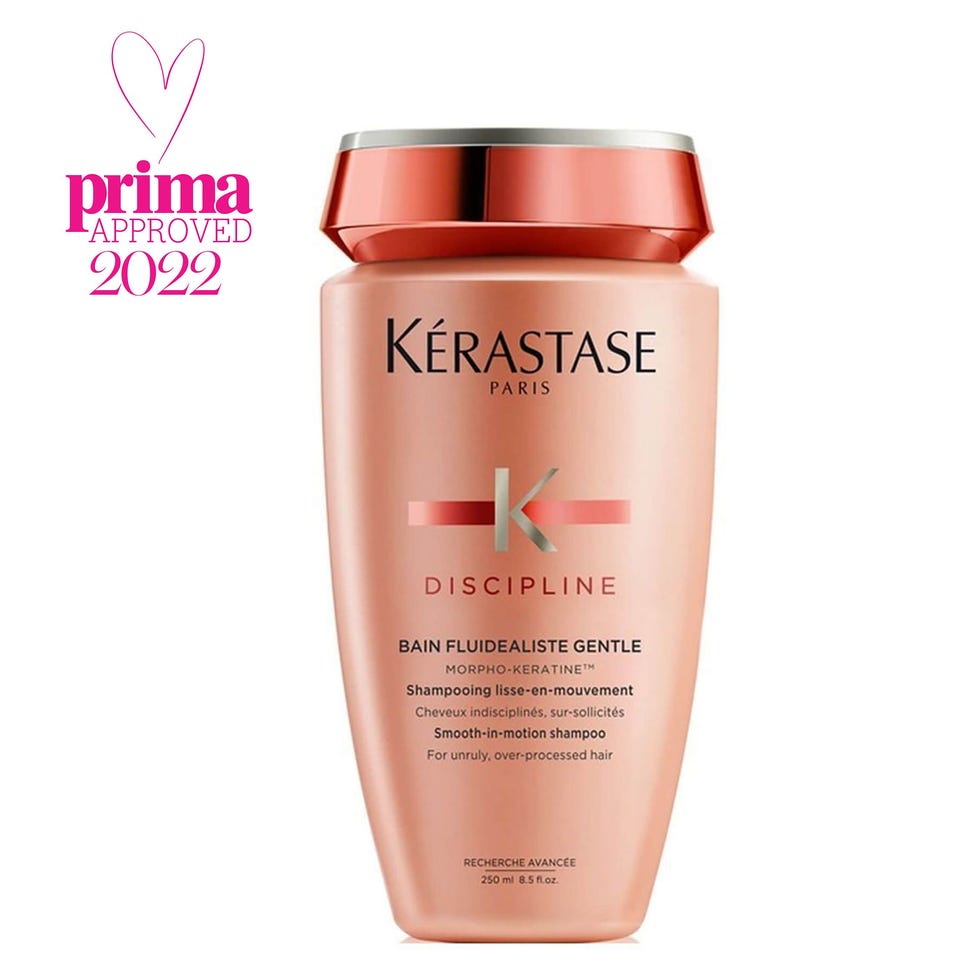10 Simple Techniques For Sulphate Free Shampoo
10 Simple Techniques For Sulphate Free Shampoo
Blog Article
The Main Principles Of Sulphate Free Shampoo
Table of ContentsHow Sulphate Free Shampoo can Save You Time, Stress, and Money.The Best Guide To Sulphate Free ShampooThe Best Strategy To Use For Sulphate Free ShampooSulphate Free Shampoo for DummiesSulphate Free Shampoo Can Be Fun For EveryoneLittle Known Questions About Sulphate Free Shampoo.
We'll tell you why. In grocery store shampoos, we frequently discover sulfates that response to pleasant names such as Sodium lauryl sulfate, Ammonium Laureth sulfate or Magnesium laureth-8 sulfate. These are typically inexpensive surfactants that provide a cleaning agent dimension that enables it to clean hair. Their duty is composed in making the item lather as well as emulsify the oils such as sebum and dirt with water in order to clean them off.Some people are in fact adverse them. If you have a delicate scalp or wish to minimize the weakening and loss of hair, restricting making use of items having sulfates can help. sulfate free shampoo and conditioner. Making use of a sulfate-free hair shampoo could truly make a distinction: it washes hair simply as well many thanks to mild surfactants, so you don't have to utilize even more of it in the shower
Excitement About Sulphate Free Shampoo
Contrarily to cleansing formulas that irritate or dry hair out as a result of sulfates, a sulfate-free shampoo turns out to be much milder. Which reduces the itching and tightening of the scalp. Those who made the switch from a timeless hair shampoo to sulfate-free generally see that they are much less lured to itch their hair because of their formerly irritated scalp.
Certainly, when you run your (typically filthy) hands through your hair, this makes it greasier faster. Simply put, considering that sulfates dry hair out, irritate the scalp and there are much milder and all-natural options, you may as well maximize it and lather up differently. Given that sulfates are extremely detergent, particularly the Sodium Lauryl Sulfate (SLS), they harm the hair follicle at the root of the hair which damages it, decreases growth and over time favours loss of hair.
I've been paying even more attention to hair scientific research info on the web lately. I'm starting with sulfate versus sulfate-free hair shampoos.
Not known Incorrect Statements About Sulphate Free Shampoo
But prior to we speak about sulfates, we need to discuss the state of hair scientific research not simply net hair science, however actual scholastic hair scientific research It's a mess. The video version is here, keep scrolling for the blog message version There's three big reasons I think there's so much confusion around hair science.
Different hair just does not reply to haircare items the same way. Skincare appears facility, yet when you simplify it's in fact rather uncomplicated (possibly likewise it seems that method to me since I've been discussing it for as long). With skin kind there's oily and completely dry and in between, after that you have problems like great lines, pigmentation, acne.
When it comes down to it, ingredients tend to function rather likewise for everybody (shampoo sulfate free). If a hundred individuals utilize glycerin on their skin, you might have 60 individuals's skin obtain more hydrated and improve, 20 individuals's skin remains around the same, the last 20 may get worse somehow like the glycerin assisted a few other active ingredient permeate and their skin got irritated, or they have an allergy
More About Sulphate Free Shampoo

The means water engages with hair is weird. In brief: it weakens the bonds gluing the within of the hair together (which is why hair gets stretchy when it's damp), but includes dampness to the outside of the hair, so hairs stick together more conveniently and you need even more pressure to get the comb with.
Sulphate Free Shampoo Fundamentals Explained
These are the roofing system tile-looking cells on the surface, which means they can bash against each various other even more and chip. Level cuticle in completely dry hair Elevated cuticle in damp hair So every one of this means it's less damaging to detangle hair when it's completely dry for straight hair. It's the opposite for curly hair.
The follicle still stands extra, the curly hair is still weaker on the inside and sticky on the outdoors, the hair is still a lot more delicate. 2 large distinctions: because there's less positioning (tessellation) in between curly hair strands contrasted to straight hair. It's like exactly how spaghetti sticks with each other a lot more than spiral pasta.
Unknown Facts About Sulphate Free Shampoo

Hair scientists do not also understand the structure of hair in that much information. The understanding is still developing reasonably quickly, and there just isn't that much uniformity with terminology also in the peer reviewed literature. For instance, around the late 90s, some hair researchers chose that half the healthy protein in hair wouldn't be called keratin anymore.
And this is central to the argument concerning sulfates in hair shampoos. Sulfates usually refers to sodium lauryl sulfate have a peek here and salt laureth sulfate, two of the cleaning components or surfactants found in cleaning products such as hair shampoos. Surfactants are unique because they have a head that likes water, and a tail that likes oil.
Report this page